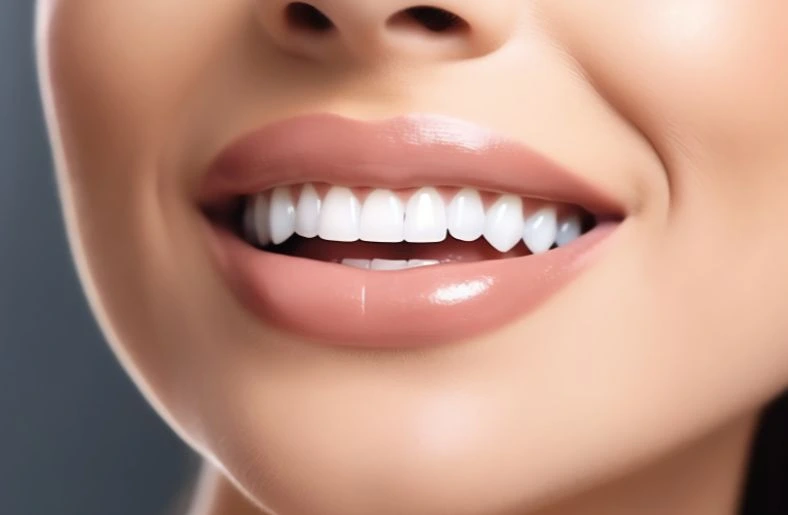Cocaine, a widely abused stimulant, presents serious health risks often overshadowed by its euphoric effects. Among these risks is a lesser-known consequence called “coke jaw.” This condition arises from prolonged cocaine use and involves involuntary jaw movements and teeth grinding. Despite its prevalence in addiction circles, It remains poorly understood outside medical contexts. This article aims to shed light on the dental and health implications of coke jaw, offering insights into its symptoms, causes, and potential treatments.
Understanding Coke Jaw
Understanding Coke Jaw requires recognizing how prolonged cocaine use affects oral health. Cocaine users often experience involuntary jaw clenching, leading to significant dental problems. This includes persistent teeth grinding, which wears down teeth and damages fillings over time. Early recognition of these symptoms is vital for prompt intervention and treatment. Effective management involves addressing dental complications and tackling the root causes of addiction. Raising awareness about it is crucial to promoting better oral health and overall well-being.
Physical Effects of Coke Jaw
Coke jaw causes various physical effects. Firstly, persistent jaw clenching leads to dental damage. Secondly, teeth grinding wears down enamel, making teeth prone to cavities. Consequently, cracked teeth and broken fillings become common. Additionally, these issues cause severe pain and discomfort. Furthermore, constant clenching strains the jaw muscles. This strain leads to chronic jaw pain and headaches. Moreover, the condition makes eating and speaking difficult. In severe cases, facial appearance can change. The jawline may become more prominent. Therefore, understanding these effects is crucial. Seeking professional help is essential for managing coke jaw. Lastly, early intervention can improve the quality of life.
Long-term Health Implications
Long-term cocaine use has severe health implications. Firstly, persistent coke jaw causes chronic dental issues. Furthermore, the constant clenching and grinding damage teeth. Additionally, this leads to tooth decay and loss. Consequently, gum disease has become a significant problem. Moreover, the condition affects the jaw muscles, causing pain. This pain often becomes chronic. Secondly, long-term use impacts mental health. Users may experience anxiety and paranoia. Additionally, cognitive functions decline over time. Furthermore, cardiovascular issues arise, increasing heart attack risks. Stroke risks also rise significantly. Consequently, long-term health deteriorates rapidly. Seeking professional treatment is crucial. Lastly, early intervention can prevent severe health issues. Understanding these implications is vital. Therefore, comprehensive care and support are essential.
Treatment and Recovery
Treatment and recovery from coke jaw require a multifaceted approach. Firstly, stopping cocaine use is crucial. Additionally, dental care is essential for recovery. Dentists can treat gum disease and repair teeth. Moreover, therapy helps address addiction. Cognitive-behavioral therapy (CBT) is often effective. Furthermore, support groups provide emotional support. These groups help maintain sobriety. Additionally, a healthy diet aids recovery. Nutritional counseling can guide proper eating habits. Exercise is also beneficial. It helps improve physical and mental health. Finally, continuous monitoring is necessary. Regular check-ups prevent relapse. In conclusion, comprehensive care ensures better recovery outcomes. Therefore, seeking professional help is vital.
Prevention Strategies In Coke Jaw
Preventing coke jaw requires several strategies. Firstly, education is essential. People need to know cocaine’s dangers. Secondly, early intervention helps. Recognizing addiction signs can save lives. Additionally, promoting healthy coping mechanisms is crucial. Stress management techniques can reduce drug use. Moreover, community support plays a vital role. Support groups offer encouragement and guidance. Furthermore, access to healthcare is important. Regular dental check-ups catch early issues. Also, mental health services aid in prevention. Counseling can address underlying problems. Finally, public awareness campaigns are effective. They highlight cocaine’s severe consequences. In conclusion, a comprehensive approach is necessary. Therefore, prevention requires collective effort.
Conclusion
In conclusion, coke jaw is a serious condition. It highlights cocaine’s devastating effects. Therefore, understanding its symptoms is crucial. Early intervention can prevent severe damage. Moreover, seeking treatment is vital. Recovery from addiction is possible. Also, adopting prevention strategies is important. They help reduce the risk. Additionally, community support strengthens efforts. Finally, awareness campaigns make a difference. Together, we can combat cocaine addiction. Hence, taking action now is essential. Let’s work towards a healthier future.
FAQ’s
1. What is coke jaw?
Coke jaw refers to the jaw clenching and teeth grinding caused by cocaine use. This leads to dental and jaw issues.
2. How does cocaine use lead to coke jaw?
Cocaine is a stimulant that causes muscle tension, leading to involuntary jaw movements and teeth grinding.
3. What are the symptoms?
Symptoms include persistent jaw clenching, teeth grinding, tooth damage, jaw pain, and difficulty eating or speaking.
4. Can coke jaw be treated?
Yes, It can be treated with dental care and by addressing the underlying cocaine addiction.
5. What are the long-term effects of coke jaw?
Long-term effects include severe dental problems, jaw pain, and potential facial changes due to muscle overuse.
6. Is professional help necessary for recovery?
Yes, professional help is crucial for effective treatment and recovery from cocaine addiction and coke jaw.
7. Where can I find treatment for coke jaw and cocaine addiction?
Treatment is available at specialized addiction treatment centers, dental clinics, and through healthcare providers.
8. What role does community support play in recovery?
Community support provides encouragement and resources, aiding in the recovery and prevention of relapse.




